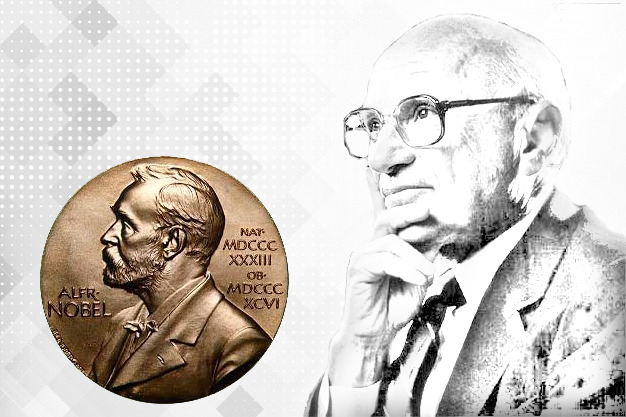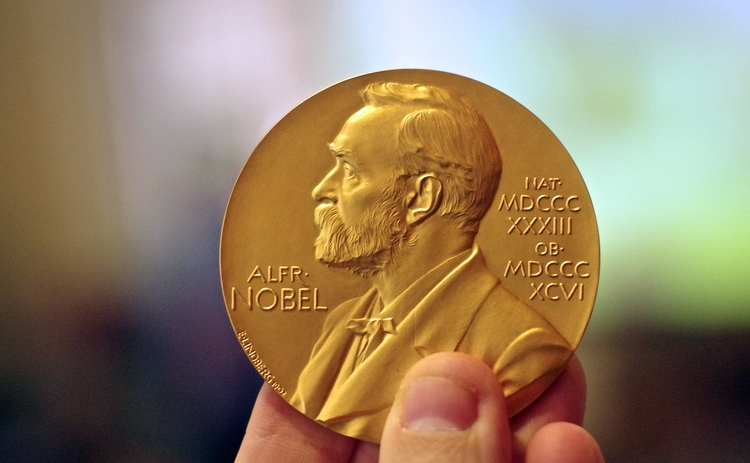Milton Friedman was awarded the 1976 Prize in Economic Sciences in Memory of Alfred Nobel
The Royal Swedish Academy of Sciences has decided to award Professor Milton Friedman of the University of Chicago, Illinois, USA, the 1976 Nobel Prize in Economic Sciences in Memory of Alfred Nobel for his contributions to consumption analysis, monetary history and theory, and his demonstration of the complexities of stabilization policy.
Milton Friedman's name is most closely associated with the renaissance of the role of money in inflation and the resulting renewed understanding of the monetary policy instrument. With the emergence of monetarism in a Chicago school, he gave us the terms "money matters" or even "only money matters." This strong emphasis on the role of money should be viewed in light of how economists - typically advocates of a narrow interpretation of Keynesian theory - have long ignored the importance of money and monetary policy when analyzing business cycles and inflation. Friedman was a pioneer in the well-founded reaction to earlier post-Keynesian one-sidedness as early as the early 1950s. And, owing to his independence and brilliance, he was able to spark a very lively and fruitful scientific debate that has lasted more than a decade. In terms of monetary factors, today's macro-econometric models differ greatly from those of a few decades ago, and this is largely due to Friedman. The widespread debate over Friedman's theories prompted a reconsideration of monetary policies pursued by central banks, particularly in the United States.
It is unusual for an economist to have such direct and indirect influence not only on the direction of scientific research but also on actual policies.









